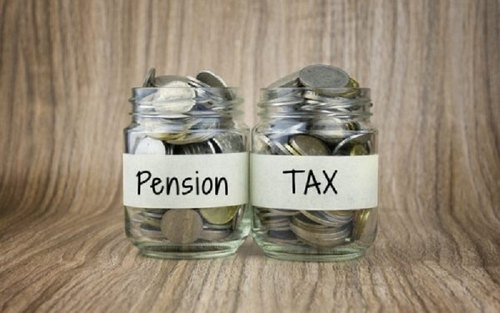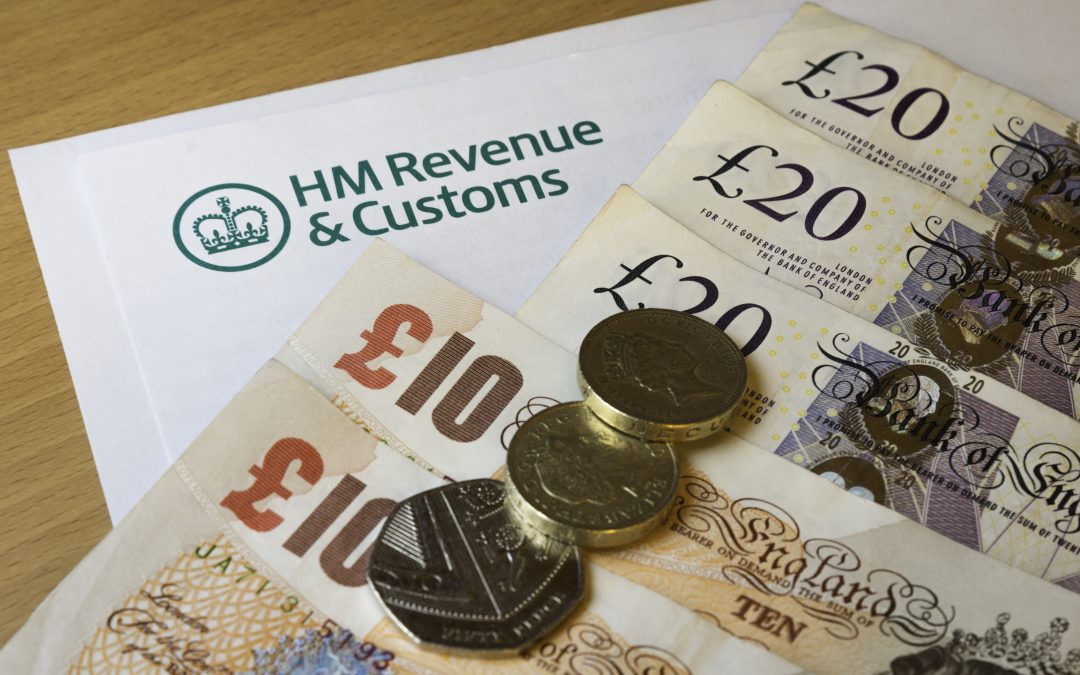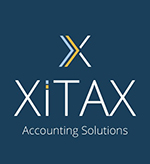


Tax, Pension & Business Premises
Self-Invested Personal Pension A self-invested personal pension (SIPP) is a do-it-yourself pension that gives you a greater degree of freedom than any other pension because you’re in complete control of how and where your money is invested. You can put money...
IR35
IR35 is the term used for the ‘intermediaries legislation’, which is a set of tax rules that apply to you if you work for a client through an intermediary. An intermediary can be a limited company, a partnership or a personal service company. When workers carry out...
New Start Up
Allowable Expenses Understanding the allowable expenses that you can claim as a limited company can help you to reduce your corporation tax bill. According to HMRC, expenses that are incurred “wholly and exclusively” for the purpose of your business can be claimed...
Payment on account confusion
Under self assessment taxpayers are required to make payments on account of their tax liabilities. The payment on account instalments consist of two payments on account of equal amounts: the first on 31 January during the tax year and the second on 31 July following...
